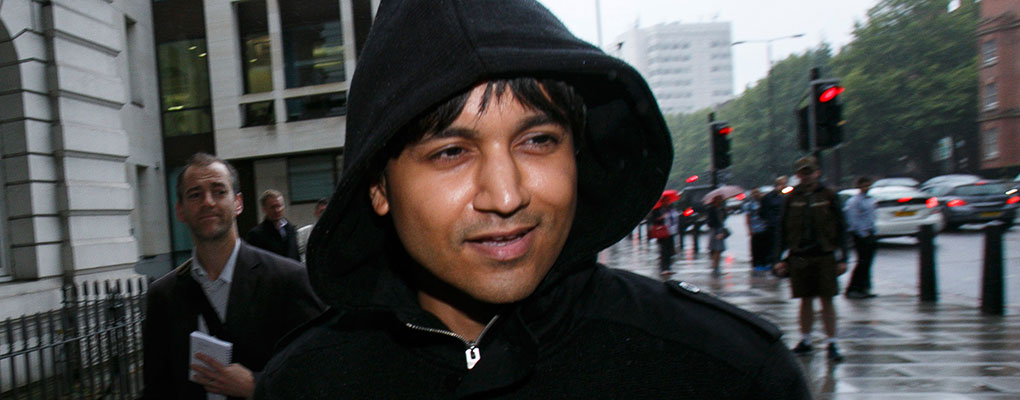
Navinder Singh Sarao may not have been behind the 2010 flash crash. According to a new study by academics at various US universities, the so-called Hound of Hounslow, as the press dubbed him, may not have been so instrumental in causing the 2010 trillion-dollar equity crash after all.
Sarao is currently facing multiple charges by US prosecutors, primarily for spoofing markets. According to the US Government, his market spoofing, achieved through the use of automated trading, significantly contributed to the flash crash. And while the academic study does not dispute or establish whether or not Sarao is guilty of manipulating markets, it casts doubt on how important he was as a contributor to the event.
Through the use of information flows from “a variety of data feeds provided to market participants during the flash crash”, the report sets to explore the actual cause of the crash. According to the study, “It is highly unlikely that… Sarao’s spoofing orders, even if illegal, could have caused the flash crash, or that the crash was a foreseeable consequence of his spoofing activity.”
The crash, the study suggests, “could have occurred even without Sarao’s presence in the market”. The academics made use of a simulation model that demonstrated “the existence of a market instability when liquidity thins”.
Within such instability, the report notes, “algorithmic traders act in concert to drive a rapid, linear decline in price that is very similar to what was observed on May 6, 2010. Such declines are exacerbated by large sell orders, such as the one placed by Waddell & Reed, and are arrested by the entrance of fundamental buyers to the market.”
Disputing this link – even if not exonerating Sarao of wrongdoing – is “significant from a public policy perspective”. If Sarao’s spoofing is concluded to have caused the havoc on stock markets in 2010, it may result in lawmakers believing that “increased prosecution of certain forms of trading activity is socially beneficial, precisely because it decreases the probability of a future flash crash.”
Seperating Sarao’s alleged market manipulation from the flash crash could also mean that, if convicted, he will get a lighter sentence. US sentencing guidelines take into account “the reasonably foreseeable pecuniary harm that resulted from the offense” in cases such as Sarao’s. Therefore, if the Hound of Hounslow’s alleged illegal trading practices are not seen as having contributed or caused the crash, his potential sentence will not be enhanced.
The study, a collaborative effort by Eric M Aldrich and Gregory Laughlin, both from the University of California, Santa Cruz and Joseph Grundfest of Stanford University’s Law School, was published on January 25 2016.


